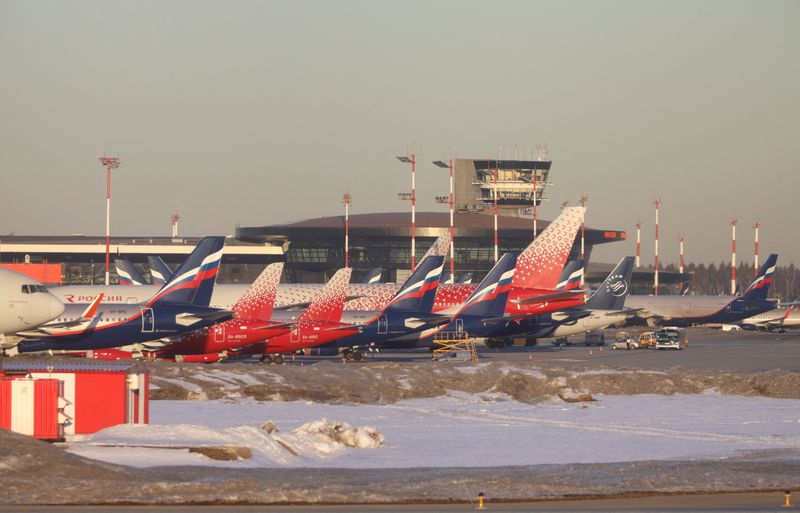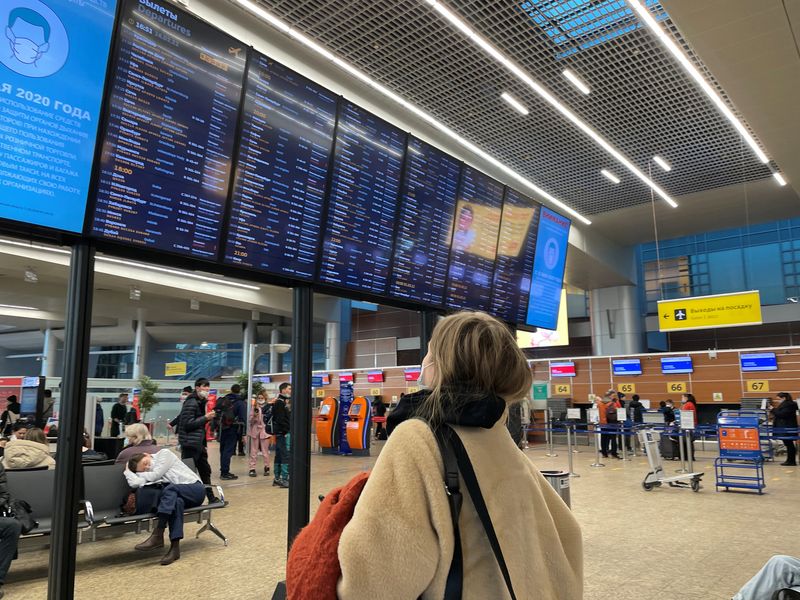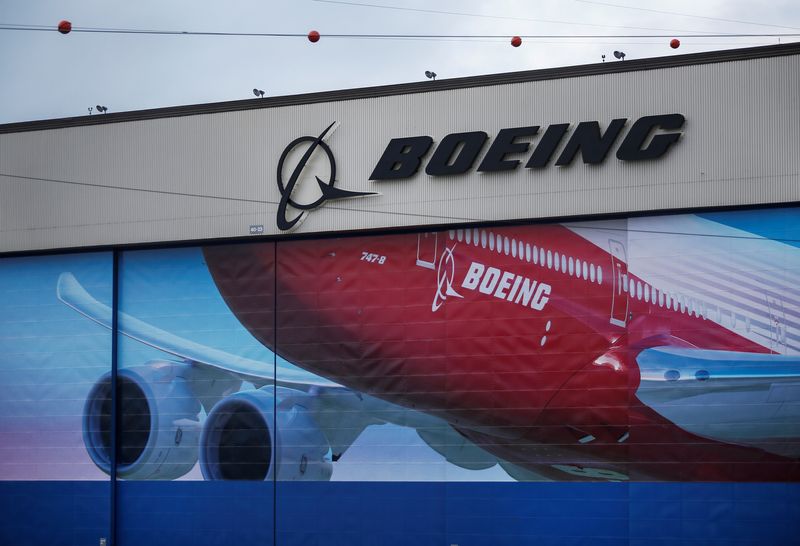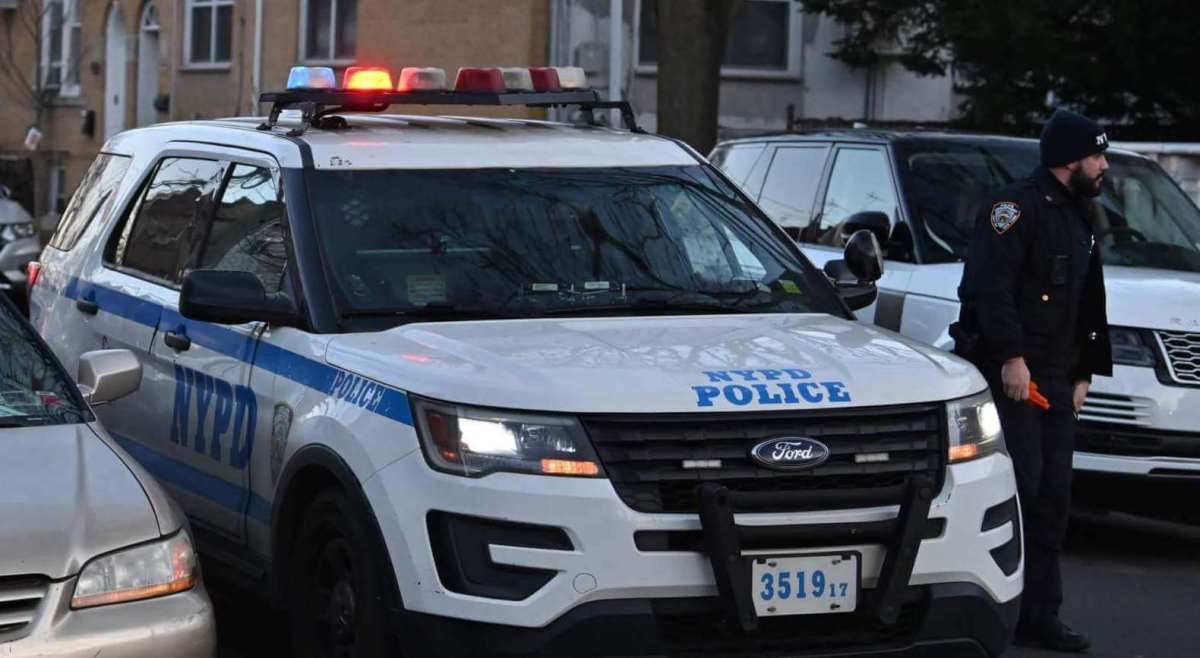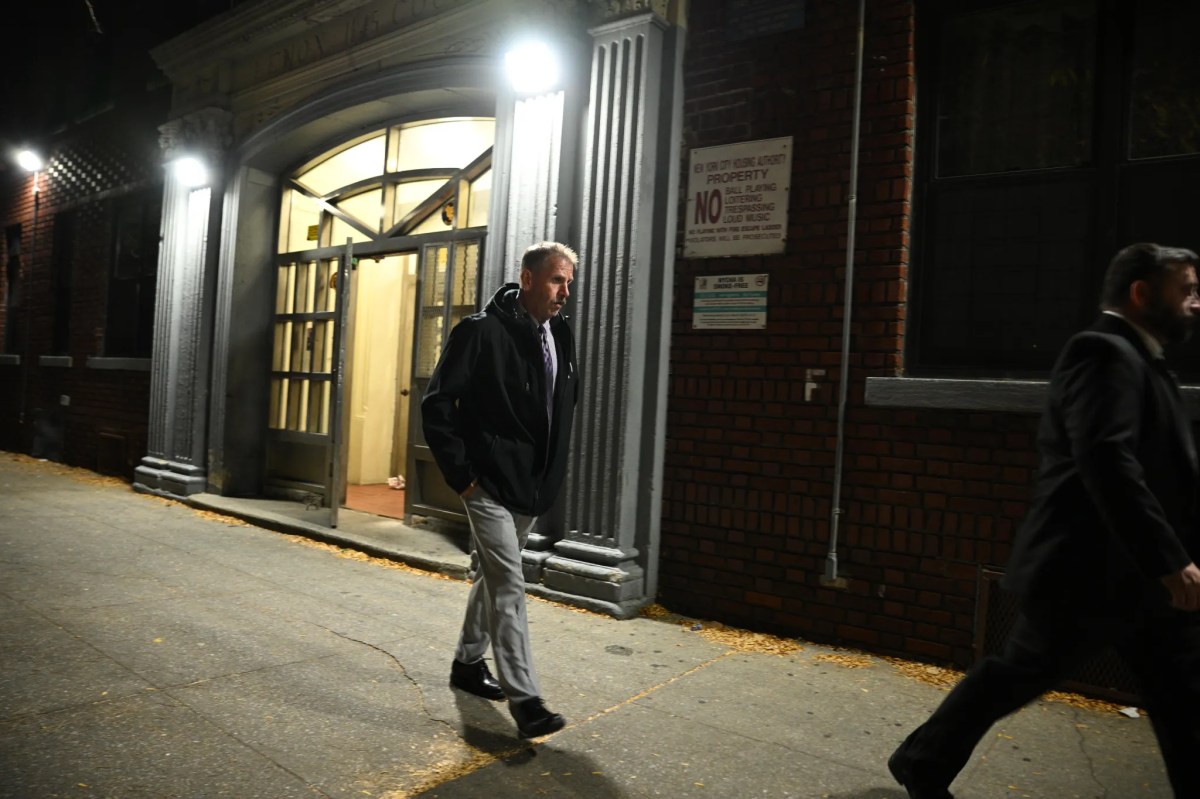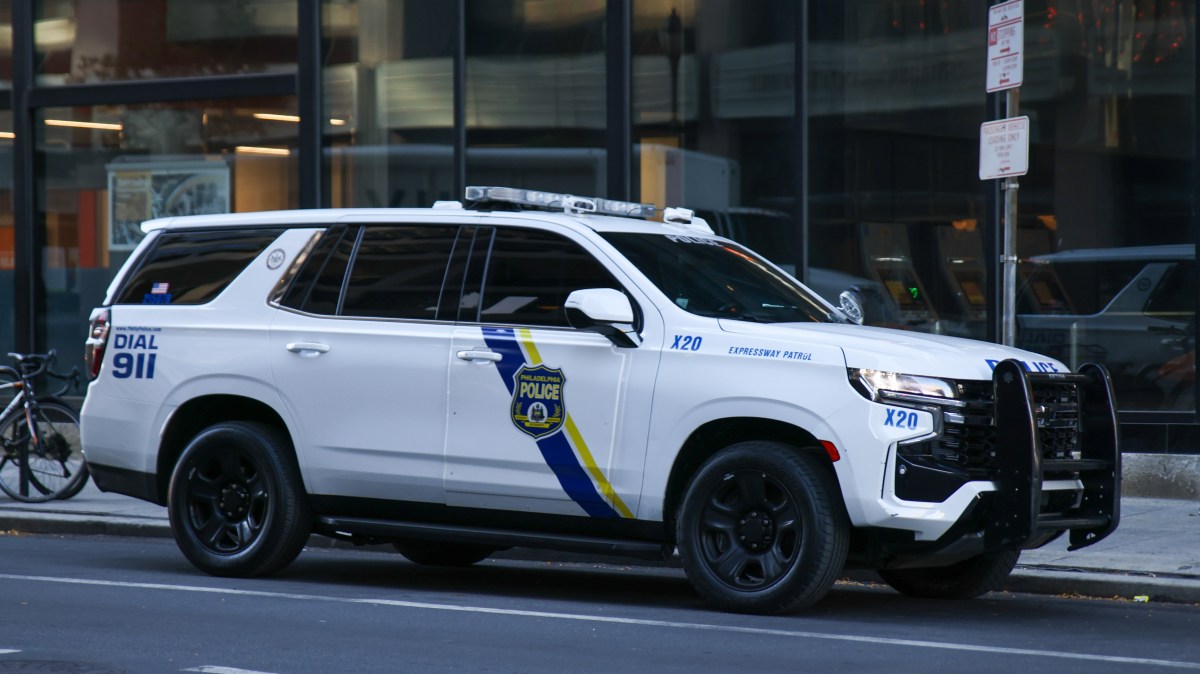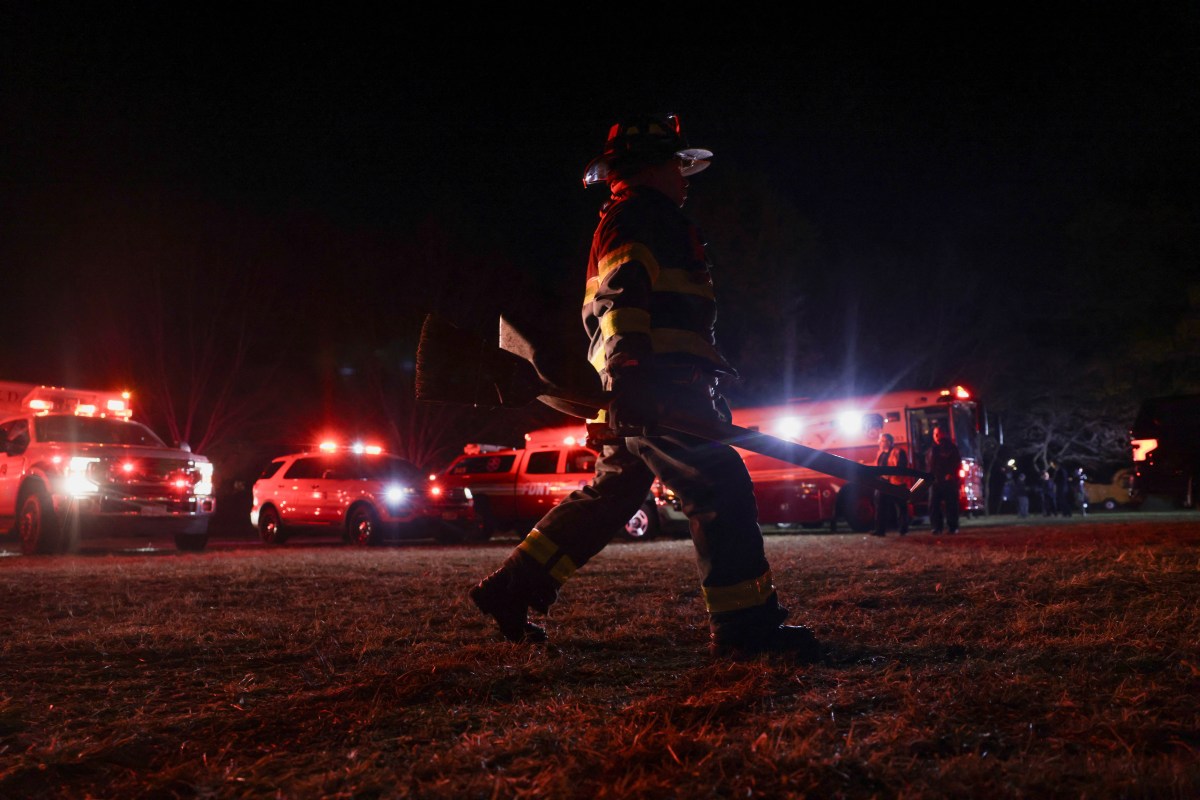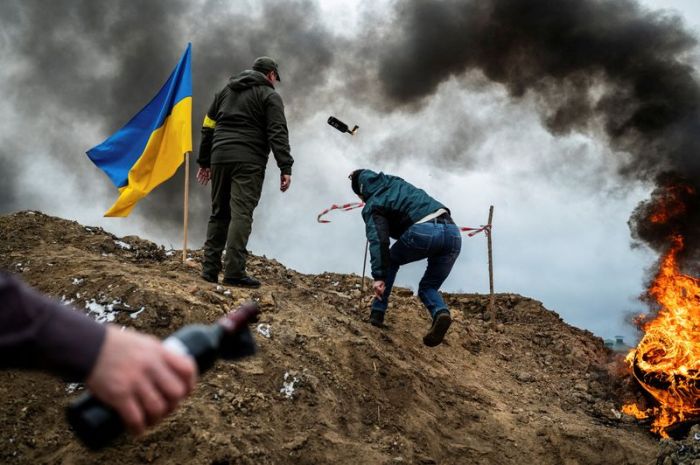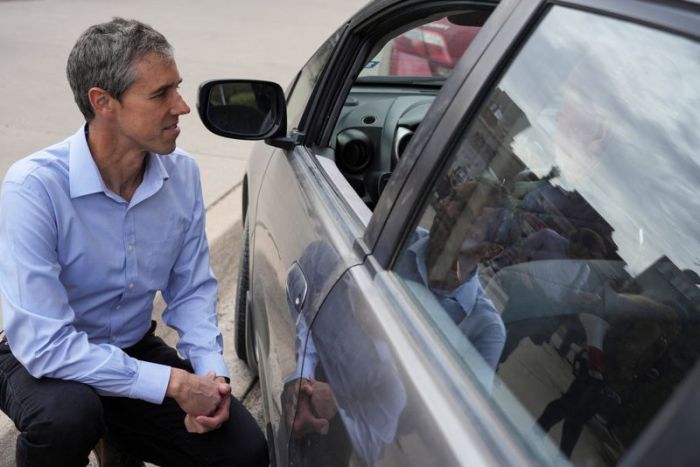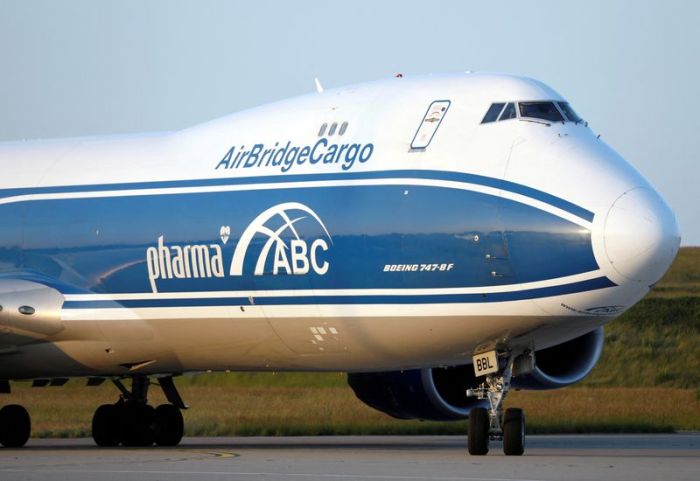(Reuters) – Planemakers Boeing and Airbus have halted supply of parts and support to Russian airlines as the effects of sanctions over Russia’s invasion of Ukraine ripple across the global aviation industry.
The United States said late on Tuesday that it would follow the European Union and Canada in banning Russian flights from its airspace in a move that is likely to trigger Russian retaliation.
Boeing said it had “suspended major operations” in Russia, where it also has research and engineering centres.
Airbus, meanwhile, said it is halting supply of parts and services to Russian airlines but is analysing whether its Moscow engineering centre could continue providing services to local customers.
The latest developments leave Russian aviation increasingly isolated just as major powers discuss reviving a deal that lifted similar sanctions against Iran until Washington withdrew in 2018.
Sanctions against Russia will have greater consequences than those on Iran or North Korea, given the size of its market and dependence on Western suppliers, analysts said.
“With Western lessors also looking to repossess jets that are operated by Russian carriers, the Russian aviation sector is now on a footing that is similar to North Korea and Iran – and similar to where it was under Soviet rule,” wrote Vertical Research Partners analyst Rob Stallard.
Russia accounted for about 6% of airline capacity in 2021, up from 4% in 2019, thanks to its strong relative performance during the pandemic, according to consultants IBA.
The country’s airlines have a total of 332 Boeing and 304 Airbus jets, amounting to about two thirds of Russia’s fleet, Cirium Fleets data shows.
How quickly those are starved of parts will depend on who owns them and how many critical items airlines hold.
Jetliners are subject to constant oversight ranging from daily checks to heavy maintenance every six years.
They contain hundreds of thousands of parts. While more routine problems might not require immediate grounding of an aircraft, provided the issue is addressed in a certain number of days, some parts remain absolutely essential for a plane to be allowed to fly.
Planes owned by Russian airlines can be flown while they have sufficient parts in stock, but the carriers may have trouble getting their jets serviced in the shrinking areas of the world still accepting Russian planes, given that repair shops must use approved parts.
Even where parts can be found outside the country, airlines face potential payment difficulties after some Russian banks were barred from the SWIFT international payments system.
LIMITED PARTS
Many airlines re-use parts from their own planes, but there have been complaints in the past that struggling airlines cannibalised leased planes, which are off-limits.
“Because parts are limited, we will expect to see aircraft that are on the ground in Russia being robbed in order to keep the remainder of the fleet operational,” said Peter Walter, director of technical and asset management at IBA.
A total of 515 planes in Russia are leased from foreign companies, according to Cirium.
Lessors have until March 28 to wind up contracts under EU sanctions, but industry executives have expressed concern over whether Russian airlines and courts would comply.
Russia has domestic repair facilities, but carriers have also cut deals with foreign businesses. Aeroflot last year signed a long-term agreement with Hong Kong Aircraft Engineering Company (HAECO), which did not respond to a request for comment.
Lufthansa Technik said it had stopped serving Russian customers in a move affecting hundreds of planes.
Russian difficulties in sourcing spare parts could also affect international airlines that still fly to Russia and sometimes require replacement parts at the destination.
Gulf carriers continue to operate some flights to Russia, according to airline statements and tracking data.
Flydubai, which operates a fleet of 737s to eight Russian cities at present, said it was aware of Boeing’s announcement and is monitoring the situation.
Russian airlines will also be barred from taking new aircraft from Western manufacturers. They have 62 planes on order with Airbus or Boeing, IBA data shows, including 25 Boeing 737 MAX jets.
Russia is the only major country where the 737 MAX has not yet been cleared after worldwide bans following fatal crashes.
(Reporting by Jamie Freed in Sydney, David Shepardson in Washington and Tim Hepher in Paris; Additional reporting by Alexander Cornwell in Dubai and Ilona Wissenbach in Berlin; Editing by Lincoln Feast and David Goodman)

